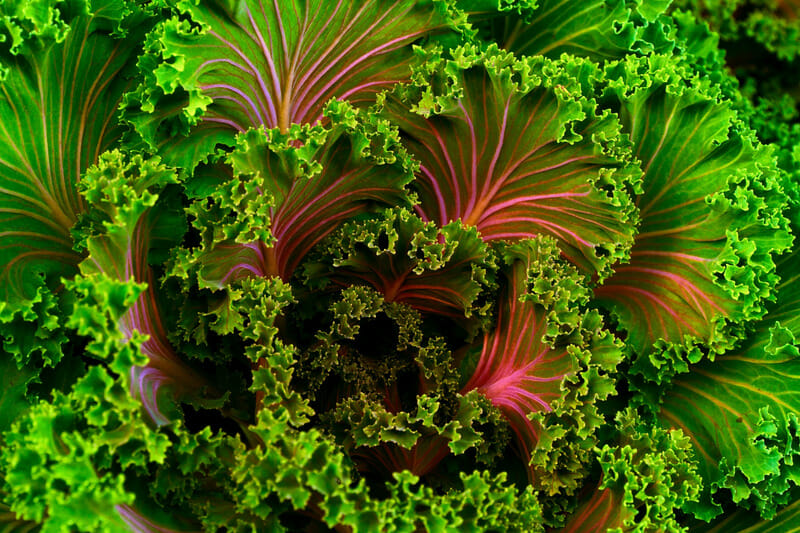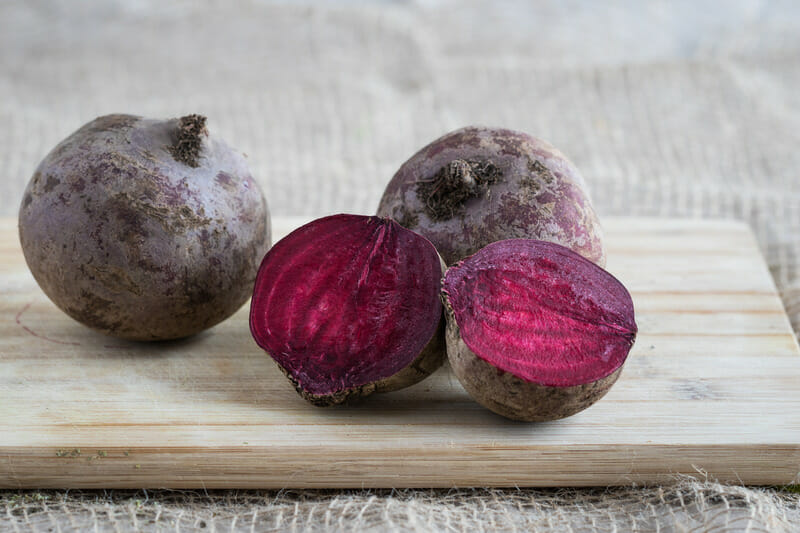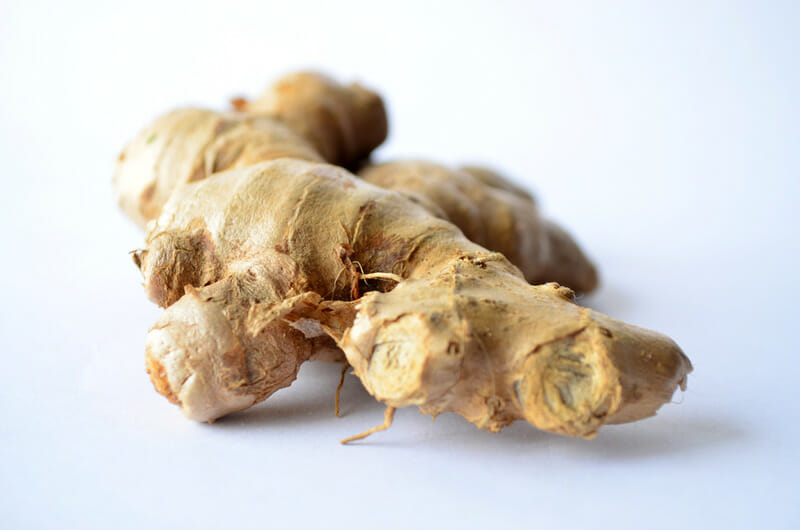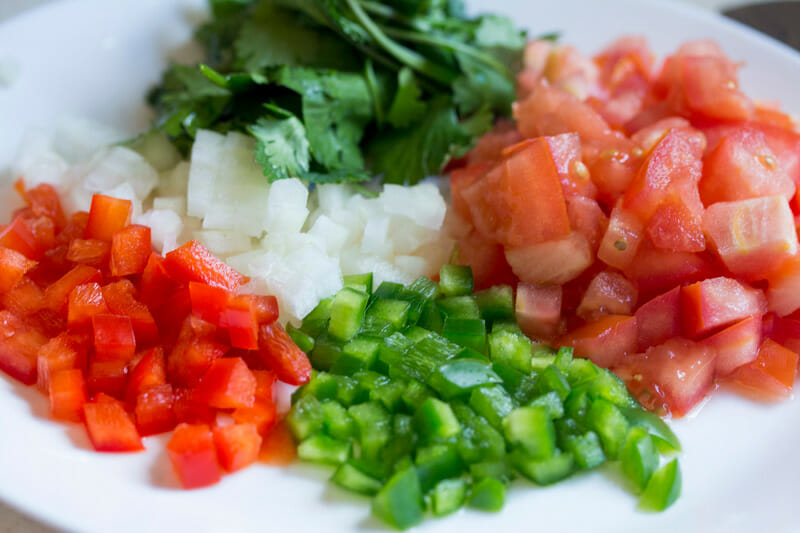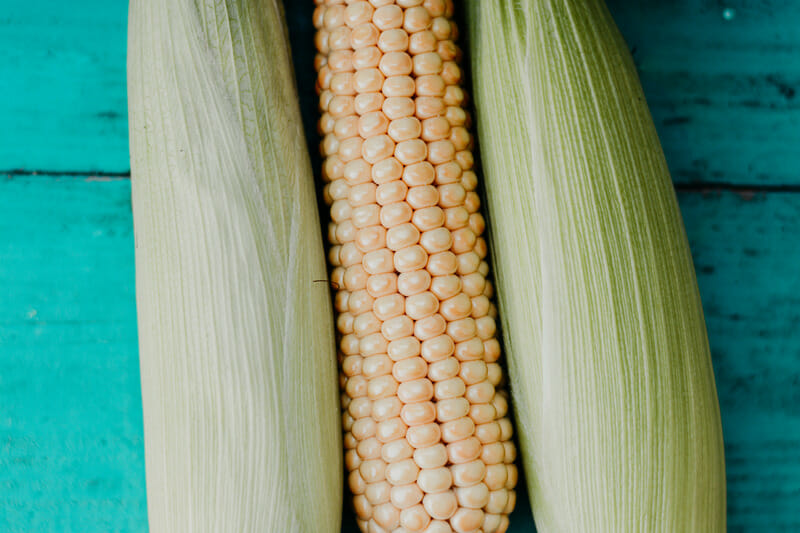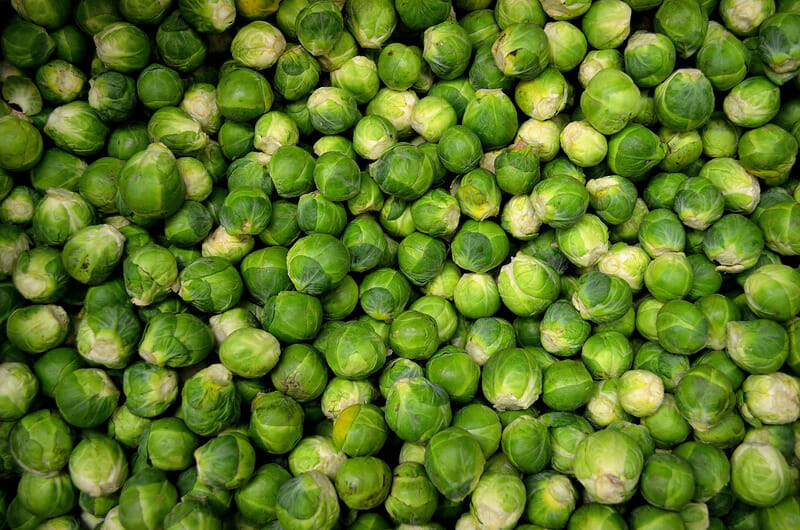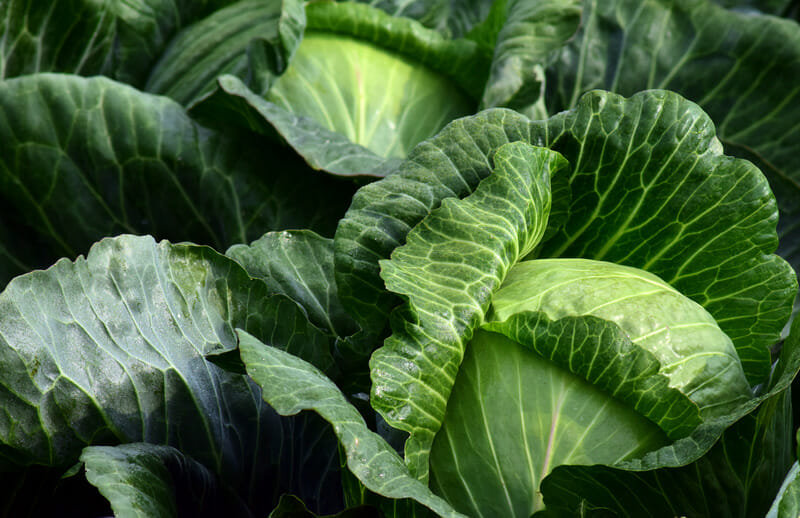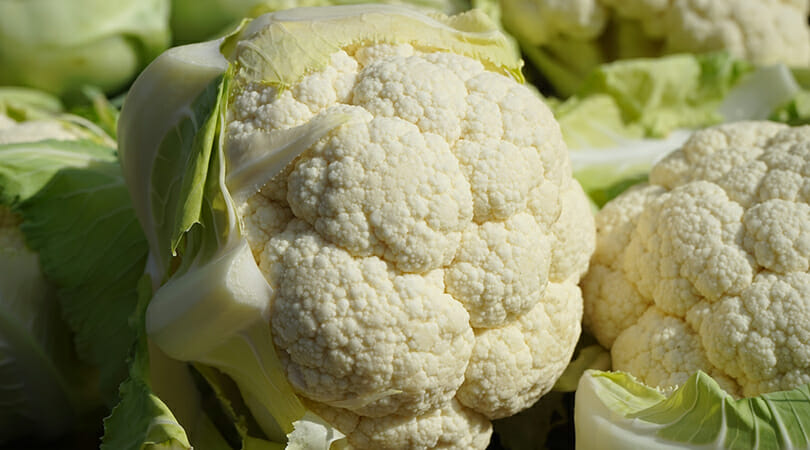The short answer: Yes, but only occasionally and in small amounts. The long answer: Rich in beta carotene, vitamins K and C, calcium, and potassium, kale is a leafy vegetable that belongs to the cabbage family. The superfood can be consumed by your canine in moderation, even if the vegetable is known to accumulate the… Continue reading Can Dogs Eat Kale?
Tag: vegetable
Can Dogs Eat Beets?
The short answer: Yes, but in moderation. The long answer: Usually red in colour, the beet is a root vegetable that is a great source of fiber, folic acid, potassium, and vitamin C. Its high fiber content can improve your dog’s colon health and help him pass stool easily. Feeding your dog beets can also… Continue reading Can Dogs Eat Beets?
Can Dogs Eat Ginger?
The short answer: Yes, but in limited quantities. The long answer: Ginger is a tropical root that can be fed to your dog in limited portions. Before it became a popular spice for cooking, it was used for medicinal purposes by Eastern and Western herbalists for thousands of years. Fresh ginger is packed with vitamins… Continue reading Can Dogs Eat Ginger?
Can Dogs Eat Vegetables?
The short answer: It depends. The long answer: Dogs are omnivores, so they can enjoy food that comes from animals and plants. Vegetables are packed with nutrients that can help keep your pooch’s body healthy and strong, but not all vegetables are safe for him. Vegetables that your dog can safely eat include bell peppers,… Continue reading Can Dogs Eat Vegetables?
Can Dogs Eat Corn Cobs?
The short answer: No. The long answer: A cob is the central core of an ear of corn. Cylindrical in shape, it is where corn kernels are attached. It is not advisable for your dog to eat a corn cob because of its tough, woody nature. Just a small portion of it could block his… Continue reading Can Dogs Eat Corn Cobs?
Can Dogs Eat Brussels Sprouts?
The short answer: Yes, but in moderation. The long answer: A member of the Gemmifera Group of cabbages, brussels sprouts are fiber-packed buds that can be served to your four-legged pet. They are loaded with vitamins K and C, which aids your dog’s immune system, circulatory system, and the skeletal system. Meanwhile, the antioxidants found… Continue reading Can Dogs Eat Brussels Sprouts?
Can Dogs Eat Cabbage?
The short answer: Yes, but in moderation. The long answer: Cabbage comes in 400 different varieties that are generally safe for dogs to eat. Appearing as leafy vegetables in green, white, red, or purple, it is packed with protein, fiber, and vitamins K and C that can assist with your dog’s digestion, strengthen his immune… Continue reading Can Dogs Eat Cabbage?
Can Dogs Eat Cauliflower?
The short answer: Yes, but in limited quantities. The long answer: Cauliflower is a vegetable that is low in calories. It contains fiber, folate, potassium, and vitamins B, K, and B6 that will benefit your dog. Feeding him cauliflower can help improve his digestion, weight, eyesight, and immune system. Integrate this crunchy vegetable slowly into… Continue reading Can Dogs Eat Cauliflower?
Can Dogs Eat Spinach?
The short answer: Yes. The long answer: Jam-packed with vitamins A, B, C, and K as well as iron, calcium, and fiber, this leafy vegetable can be given to your dog as a nutritious, low-calorie snack. Existing in three varieties, spinach is known to boost the immune system, stimulate the digestive system, aid in bowel… Continue reading Can Dogs Eat Spinach?
Can Dogs Eat Garlic?
The short answer: No. The long answer: Think twice before letting your dog sniff through the raw ingredients in your kitchen as he may accidentally take an interest in your raw garlic cloves. Belonging to the allium species, garlic contains N-propyl disulfide that is highly toxic for dogs. It is said to be five times… Continue reading Can Dogs Eat Garlic?

